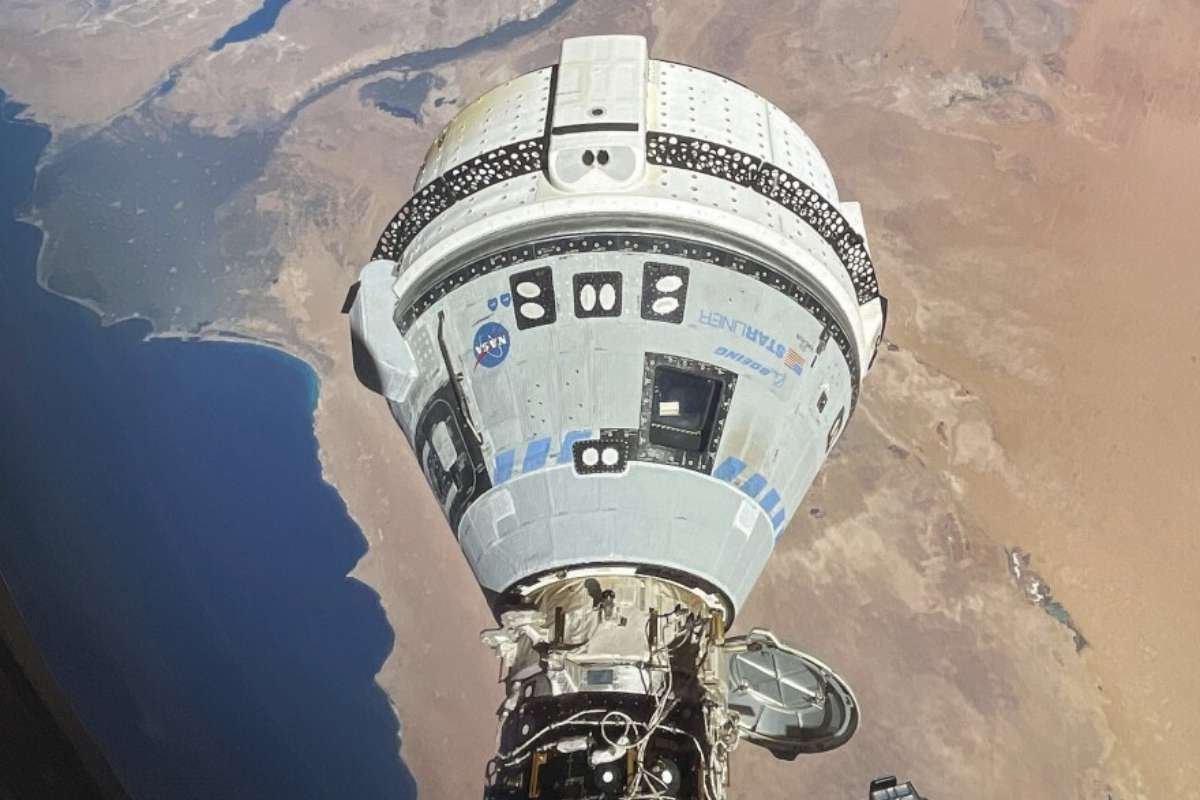Projected Losses Weigh on Boeing’s Financials
Boeing is facing further financial headwinds related to the Boeing Starliner commercial crew program. In a January 23 press release, the aerospace giant announced preliminary results for the fourth quarter of 2024, revealing $1.7 billion in projected charges across five key programs within its Defense, Space, and Security divisions. Among these, $400 million is attributed to the Starliner spacecraft, alongside expenses for the VC-25B presidential aircraft and MQ-25 drone.
The announcement follows a challenging third quarter when Boeing reported $250 million in Starliner-related losses. These setbacks add to $800 million in charges for the KC-46A tanker program and $500 million for the T-7A trainer aircraft. Boeing plans to release its final fourth-quarter financial results on January 28 but has yet to provide further details on the Starliner-specific charges.
Starliner’s Future Remains Uncertain
The Starliner program has faced numerous delays and technical hurdles, dampening its progress toward operational readiness. After successfully returning uncrewed from its Crew Flight Test mission in September, NASA and Boeing have provided few updates on the spacecraft’s status. Concerns about thruster performance during the test flight prompted NASA to retain astronauts Butch Wilmore and Suni Williams on the International Space Station (ISS) for an extended period.
In October, NASA announced the postponement of Starliner’s first operational mission to a date beyond 2025. The agency opted to rely on SpaceX’s Crew Dragon for its upcoming Crew-10 and Crew-11 missions scheduled for March and late summer, respectively. NASA emphasized that the timeline for the Boeing Starliner’s next flight is contingent upon Boeing achieving system certification, although concrete updates remain scarce.
“The timing and configuration of Starliner’s next flight will be determined once a better understanding of Boeing’s path to system certification is established,” NASA noted in its October statement. This uncertainty has fueled concerns over the program’s viability as Boeing continues to evaluate its broader strategic priorities.
Also read: Astronauts’ Return Delayed as Boeing Starliner Faces Leaks; NASA Contemplates Backup Plan
Speculation on Divestiture and Industry Impact
Amid growing financial pressures, Boeing has hinted at possible divestitures as part of its efforts to streamline operations. During the company’s October earnings call, CEO Kelly Ortberg acknowledged the need to focus on core objectives, hinting that non-core ventures, including space programs, might be at risk.
This speculation gained traction following a report from venture firm Space Capital, released on January 23, predicting that both Boeing and Airbus could divest their space divisions in 2025. The report described such moves as a “pivotal moment” for the space economy, suggesting they could reshape the competitive landscape by introducing new opportunities and risks.
While Boeing remains a key player in the aerospace and defense sectors, the challenges associated with the Boeing Starliner program underscore the company’s struggle to balance innovation with financial sustainability. As the industry awaits Boeing’s forthcoming financial update, stakeholders are closely watching for signs of strategic shifts that could redefine its role in the evolving space economy.









